#BatterySupply
Report: Mass Nickel Mining Probably Won't Be Great for the Environment
Electric vehicle manufacturers are already struggling to maintain supply lines as demand for batteries increases in practically every industry in existence. Automakers have recently begun branching out to secure the raw materials necessary for their production while also trying to cozy up to battery suppliers who already know they have them over a barrel. Some, like Tesla, have even built their own facilities for battery production.
In August, Tesla CEO Elon Musk announced that the automaker would offer favorable deals to companies that could mine nickel in an ecologically friendly manner and help ensure it has an adequate supply of the metal for batteries. But there’s a problem: pretty much every automaker wants access to nickel and — much like cobalt — there are often serious implications regarding how it’s procured. As demand continues to grow, industry players will become increasingly reliant on regions lacking rigid environmental safeguards.
Daimler CEO: 'Streamlining the Portfolio' Necessary for Mercedes-Benz
Still in the midst of a $1.4-billion restructuring plan that aims to cut 10 percent of its workforce, Mercedes-Benz is reconsidering what its product lineup should look like moving ahead. While most of the doomed models will be chosen due to lackluster demand (e.g. X-Class pickup) plenty will be nixed as a result of tightening emission laws. Mercedes parent Daimler issued two profit warnings in 2019 after the luxury brand was fined $960 million in an emissions-cheating settlement. Like many automakers, it was also hemorrhaging cash through its investments in electrification.
An apt analogy for the automotive industry’s stampede toward EVs would be lemmings hurling themselves off a seaside cliff — but not because of the popular misconception that the critters are intentionally committing mass suicide. When lemmings collectively off themselves, it’s the result of migratory behavior gone awry. They simply bunch up and move in a singular direction, largely unaware of the consequences.
Report: Audi E-Tron Production Stalled Over Suspected Battery Shortage
Audi has reportedly paused assembly of its all-electric e-Tron to address production issues that include battery supply bottlenecks. It’s not uncharted territory for the model. Audi had to delay the model’s launch over claimed software changes in 2018, though it was known that corporate parent Volkswagen Group was having trouble with battery supplier LG Chem at the time. Since then, the crossover’s short life has been a well-publicized series of victories and failures.
Outselling rivals like the Jaguar I-Pace by a margin of almost two to one, Audi delivered 5,369 e-Trons in the United States in 2019 despite it not being available for the full year. Competition was closer in Europe, with the Audi still moving in larger volumes. The model also received favorable crash test ratings and was awarded with the IIHS’ Top Safety Pick+ designation.
However, supply problems never really abated. Every few months brought a new rumor that Audi was suffering from battery shortages, possibly forcing it to idle production. A battery fire scare prompted the factory to voluntarily recall the first batch. While the impact of these issues was rarely as serious as feared, their persistent nature caused many to wonder how ready the industry actually is for the transition to EVs.
Battery Shortage Dims the Lights on Jaguar I-Pace Production
Jaguar Land Rover is reportedly putting I-Pace production on hold for a week thanks to a battery shortage at supplier LG Chem.
While sales of the model are ridiculously low in North America, European deliveries average about 1,000 units per month. That’s comparable to the Audi e-Tron, which also suffered production delays due in part to its relationship with the supplier. Before that, Hyundai was the one pointing the finger at LG Chem after running out of batteries for the Ioniq EV.
Disrupting the Industry: Korean Battery Suppliers at Each Other's Throats
While the automotive industry continues cleaning itself up via electrification and moral corporate messaging, most aspects of doing business have remained decently dirty. For all this striving for a utopian society, businesses still don’t like losing money and will go to great lengths to screw over the competition.
South Korean battery suppliers SK Innovation and LG Chem are currently clawing at each other like a couple of mad tigers. SK managed to secure a contract to supply Volkswagen Group with EV batteries, leading to the construction of a $1.7 billion factory in Georgia. LG did not, leading to a lawsuit. Both automakers and analysts are worried the litigation is spinning out of control, and could effectively obliterate their ability to do business in the United States.
Toyota Announces Product Development Deal With China's BYD
On Friday, Toyota Motor Corp. announced it had signed an agreement for the joint development of battery electric vehicles (BEVs) with China’s BYD Company Ltd. Technically, BYD also made an announcement but we’re not scouring their press page on an hourly basis. Toyota gets top billing.
According to the release, the two companies will jointly develop “sedans and low-floor SUVs as well as the onboard batteries for these vehicles and others with the aim to launch them in the Chinese market under the Toyota brand in the first half of the 2020s.”
Having previously announced it was teaming up with Contemporary Amerex Technology (CATL) and Panasonic to supply and develop batteries, Toyota is trying to expand rapidly into electric development — after showing limited interest for years. We’ve no clue how these partnerships will influence the brand’s physical products outside of Asia but, at the very least, it should have fewer battery supply issues than some of the competition moving forward.
VW Says Battery Supply Problems Have Been Solved… for a While
Following rumors that Audi’s E-Tron would have to be delayed due to issues with battery supplier LG Chem and some unforeseen “software development” problems, Volkswagen Group’s plan to build 330,000 electric vehicles per year in Zwickau, Germany, by 2021 appeared to possess a plot hole the size of the Grand Canyon.
The EV problem is not unique to Volkswagen. Other manufacturers hoping to build electric cars have also been struggling with factory retooling, high development costs, and in-demand battery suppliers that are more than willing to change their prices. However VW claims to have solved some of these issues, at least for a while, citing new investments in China and multiple partnerships with battery concerns.




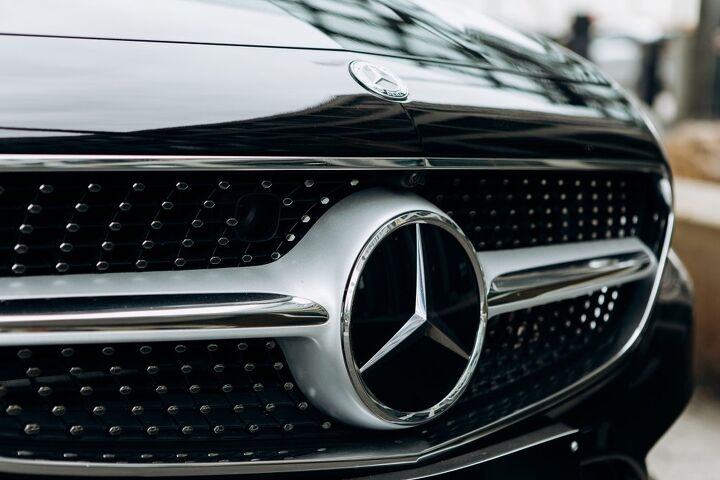
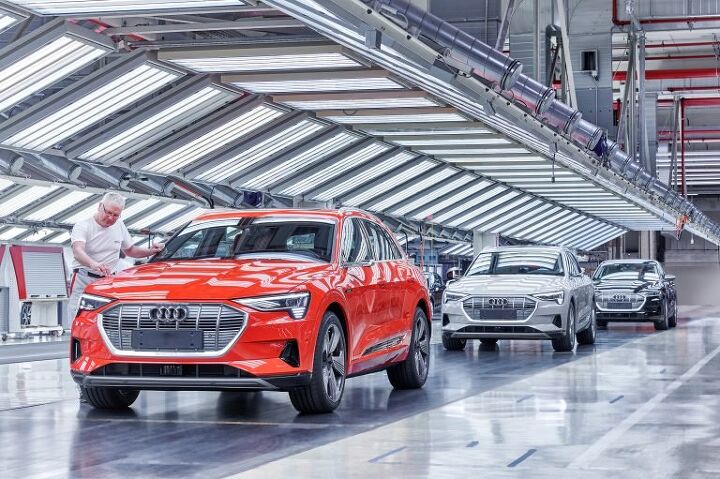
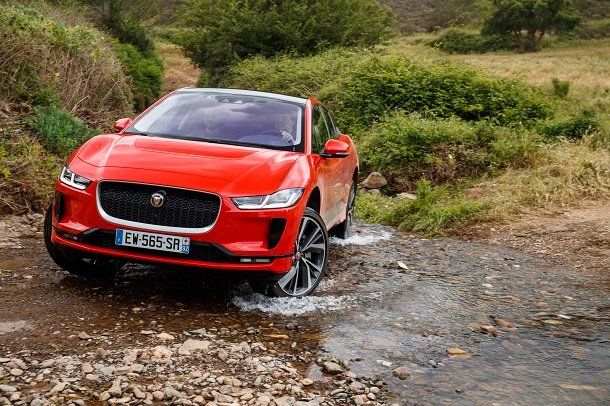
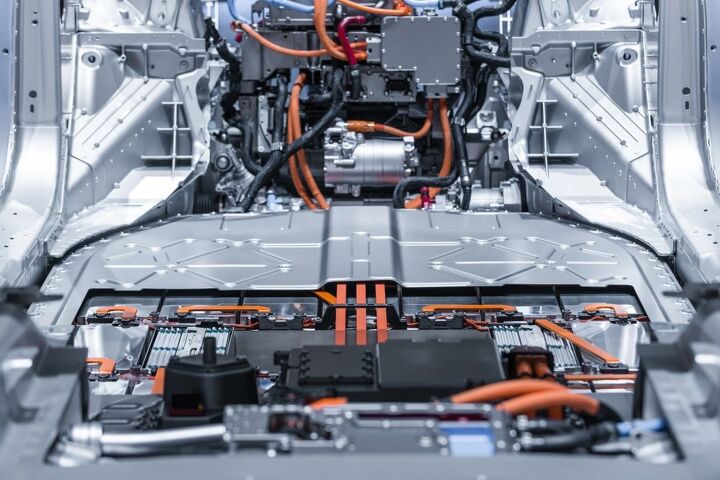
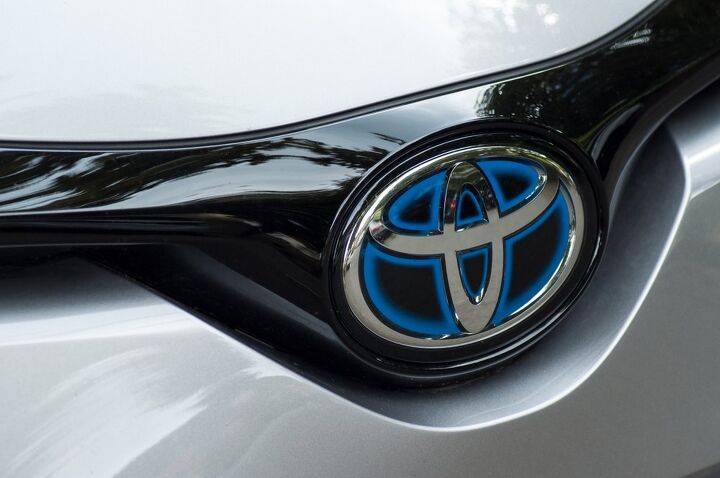













Recent Comments